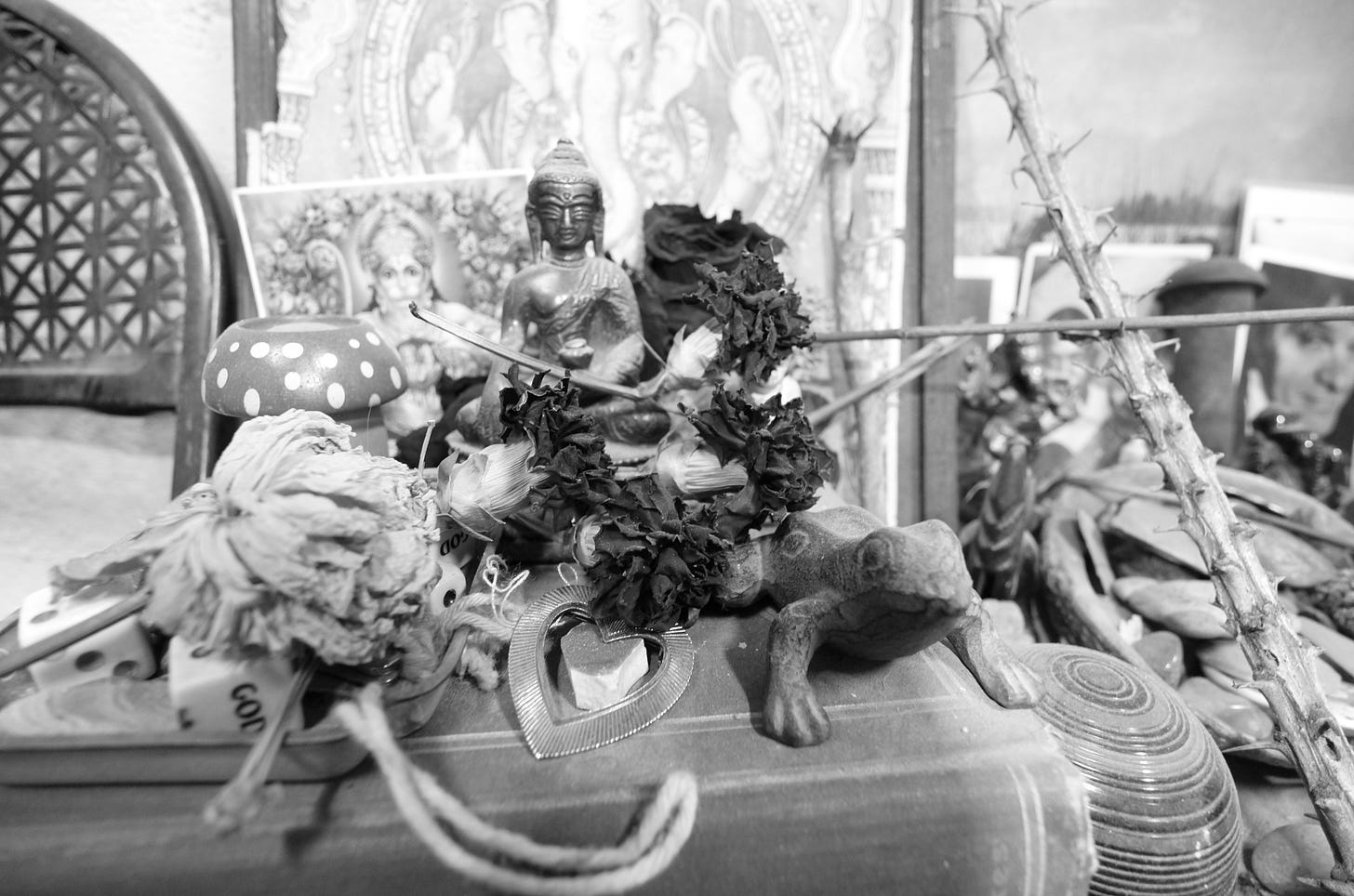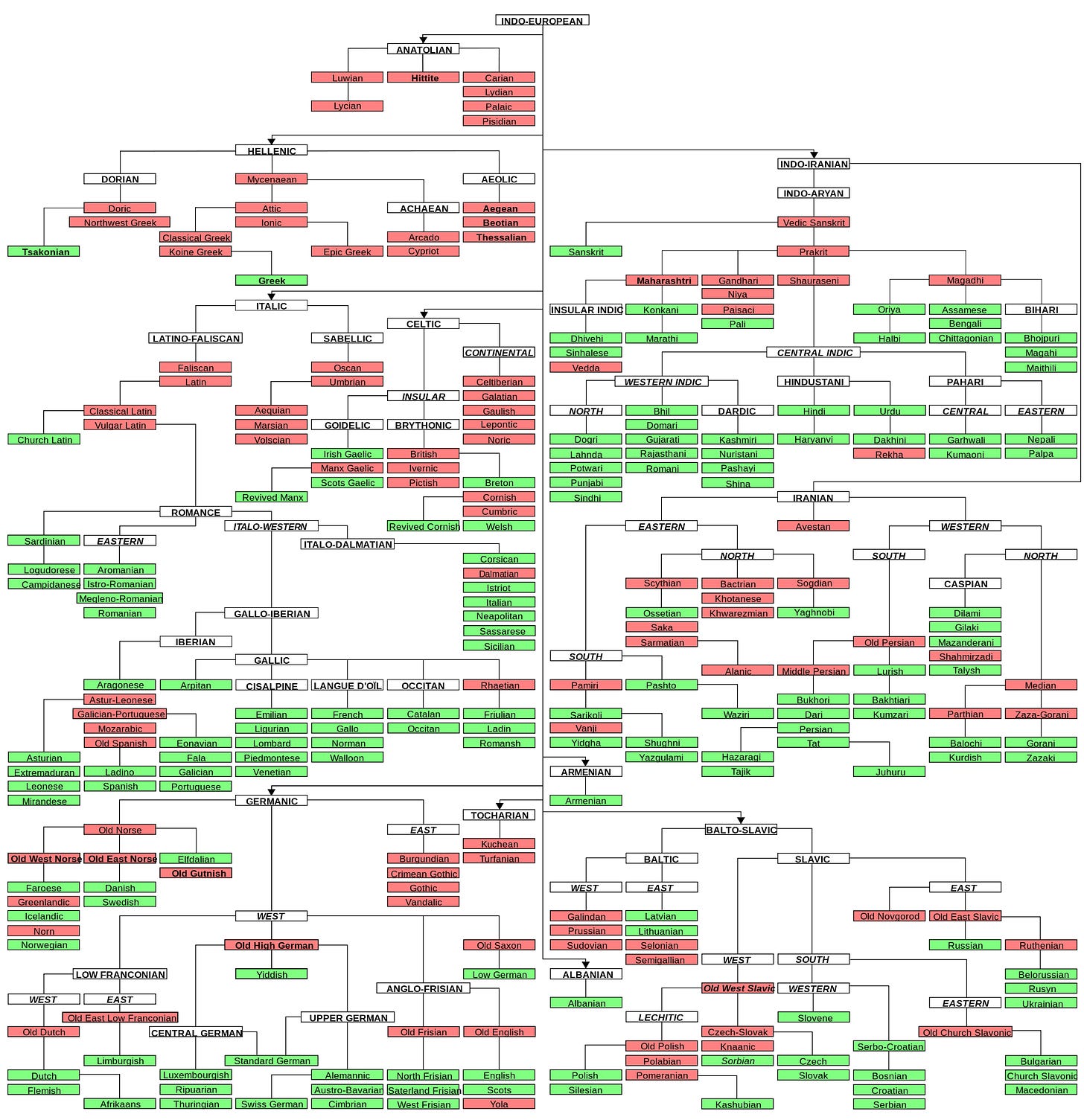There is a belief that language and certain words are the property of a group or culture and the use of those words by any outside of that group is a violation and disrespect. Steve Albini, who died a couple days ago at the too young age of 62, was interviewed a few years ago by MEL magazine and tried to explain a bit about the scene he came out of and the lessons learned along the way. This scene could be called post-punk and as a teenager growing up in 80's NYC, the spirit of post-punk was informative. Back then, none of the cultural identities that have been balkanized today were the possession of anyone. If you had to create a binary equation of it, you could say, in the simplest way, that on one side you had the mainstream and on the other, everything else (or society and outside of society). Even though this is over-simplified, it helps to sketch out the culture that many of us were a part in the late twentieth century. If you belonged to the "everything else" side of the equation, particularly that post-punk culture (which birthed the grunge moment of the 90's and was eventually absorbed by the mainstream and rendered sterile as organic Spam), there was a belief that nothing was the possession of anything or anyone or any identity. The spirit behind this approached a radical liberation theology on the level of Jesus' overturning the tables of the money lenders in the temple in Jerusalem (see King Missile's "Jesus Was Way Cool"). It didn't matter if you wore a dress and lipstick, listened to Madonna, and went to every Jesus Lizard show you could get to; the idea (unspoken) was that the categories of identity that were available to teenagers, categories like jock or geek, loser or hip, hesher or hippie, etc, and the codes that went with those identities, were limiting control mechanisms. There were no rules about what you could and couldn't wear or reference, musical styles permitted to be fused, because those rules were only there to enforce status quo conformity. There was an almost DADAist absurdity to the codes of accessorizing; anything and everything was fair game. It was a moment of synthesis and harmonizing, elements that we were told couldn't go together were married with positive abandon. Allen Ginsberg's poem "A Footnote to Howl," which I set to music in 1997 for Patti Smith's album Peace and Noise, sings of this inclusivity. We called the song "Spell" because, indeed, those words are a spell, an incantation which dissolves the apparent boundaries between all binaries, especially: holy - not holy. "Everything is holy.. everyone's an angel..." Smith was on to this early and her teaching that certain words need to be redefined, that their possession by one group or an other and the meaning they assign to them, needed to be torn up and thrown away has, in today's climate, fallen into a dark age-- many people just don't get it because there is this belief that words belong to specific groups or identities. Smith is also sensitive to the moment and has removed the song from her live set and streaming services in RESPECT for the people and times we live in. There seems to be some confusion about language and ownership. No one owns language. HOWEVER, words have power-- the power to hurt and the power to heal. We should be clear that this is why we choose NOT to use certain words-- not because anyone owns them but because we respect their potency. The word appropriation has an old meaning of "the taking of something as private property." The idea that anyone can own anything is a troubling aspect of our era, deeply influenced by the seductions and lies of capitalism. It is interesting that people who don't believe in capitalism, who may be cultural Marxists (who believe that the battle is between those with no power vs. those with power), also believe in cultural property. The idea that things, especially land and resources, can be owned has infected the natural, empathic tendencies of humans (see Jerry Rifkin's "The Empathic Civilization").
When one studies language one studies a story of sharing, migration, and cross-pollination. Most every language on earth shares in multitudes of lineage that cross cultural lines, in a vast linguistic braid. This is the same with music and art, and when you get down to it, the very stuff we're made of-- the geneticists trace humans back to a common ancestor. This was the spirit of that little moment in time for which Albini helped create the sound. In the interview, he talks about what this post-punk ethos has had to reckon with in today's climate of radical identity politics. Growing up in a major city like New York, with its rich culture of diversity, may have given some the false impression that we'd gotten passed some of this stuff. And as Albini says, "Yeah, the absence of being targeted is an element of privilege. And then you look around and you see, like, 'Oh, here’s my friend and there are people who hate him. They hate him for these traits that he has and I don’t.' Those things dawn slowly on me. And I feel shame that it took me into my adulthood to recognize that." It's important for some of us to understand the millions of invisible benefits some of us have enjoyed because of the color of our skin and our gender. I grew up in a solidly middle class, white world. I was reared with WASP ethics. I hated it. By the time I was eight years old I could see the lie it was and the costs on others it took to sustain. All my little classmates in their Brooks Brothers blazers, loafers, Izod shirts, at private schools and country clubs. I loathed it. I burned every bridge I could. They could tell I didn't believe in it and I was profiled within its contexts. I was neither fish nor fowl. I hated the culture into which I was born; the great lies of the United States, our genocides and eugenics- they were the blueprints for the genocides that followed late (which we claimed to fight against while selling them tools to systematically starve whole populations- see "IBM and the Holocaust") I couldn't stand being part of the hypocrisy. I couldn't stand that I was being groomed to reap the benefits of and perpetuate the lie. So I set out to destroy myself with teenage fervor. But that is another story.
Language can be owned as much as the genes which express our physical bodies. Genes are a language and are possessed by all beings; and language is the same, a medium through which creation happens. Words can no more be owned than the building blocks of the material world or the resources of the earth. That humans believe they are the only species on earth with language is an arrogance of terrible proportions. It shows that what we don't understand does not exist for us. Instead of honoring what we don't understand, we deny it with speciesistic nihilism which enforces separation from the miracles expressed through every creature and thing around us. Language is a vessel with which creation creates and describes itself. The idea that anyone can own language is as absurd as the belief that one group of humans can be the property of another, or that women are property-- we laugh at this today. The idea goes deeper than group or identity ownership of language. Humans collectively believe that they are the ONLY ones on earth with language and that this sets us apart from and justifies our subjugation of nature and her creatures. That we discuss the industrial-market war and its violence, its genocide, in terms of one group of people vs. another group of people would be laughable if it wasn't so horrible. This is human against human. Any other way of looking at it is to fall into a trap. If you are at the playground and two kids start fighting, you don't stop to figure out their backgrounds and identities, religions and cultural affiliations, or even who is right or wrong-- you stop the fight. Period. As important as diversity and mutual respect is, the unifying principal, as light contains the colors of the rainbow, is that we are humans who share the planet with other creatures; this provides the context and path as we move in to the complexities of the future.






I'm not sure why Patti would feel the need to remove SPELL from her set list or streaming. I just checked and SPELL can still be heard on Spotify and Patti read it several times last Year in August and September.
However, ROCK AND ROLL NIGGER has indeed been removed from Spotify, and Patti has dropped that song from her set list for sometime (After performing it during her induction into The Rock and Roll Hall of Fame so brillantlly!)
Thank you for this, Oliver.
“ . . . [T]he unifying principal, as light contains the colors of the rainbow, is that we are humans who share the planet with other creatures . . . “
As the late physician and extraordinary humanitarian, Paul Farmer, said: “The idea that some lives matter less is the root of all that is wrong with the world.”